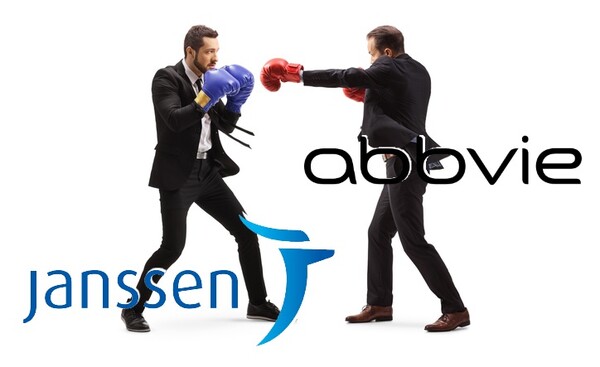New drugs with different mechanisms of action have recently entered the ulcerative colitis (UC) treatment market in Korea, heralding fierce competition.
Last Friday, the Ministry of Food and Drug Safety (MFDS) approved Lilly's interleukin-23 (IL-23) inhibitor Omvoh (mirikizumab), giving Korean patients a new treatment option.
It added another IL inhibitor to Stelara (ustekinumab), the only anti-interleukin drug available in Korea.

The field of ulcerative colitis treatment has made great progress with the developments and clinical trials of various new drugs, especially for patients with moderate or severe ulcerative colitis, and therapies with different mechanisms of action have emerged.
In the past, antitumor necrosis factor (TNF) drugs, such as infliximab (Remicade in original product name), adalimumab (Humira), and golimumab (Simponi) formed the mainstay.
Soon, a slew of new products have recently jumped into the fray. They included anti-integrin drugs, such as vedolizumab (Kynteles); anti-interleukin drugs, including ustekinumab and mirikizumab; and the Janus kinase (JAK) inhibitors, like tofacitinib (Xeljanz), upadacitinib (Rinvoq), and filgotinib (Jyselecar).
More recently, the sphingosine-1-phosphate (S1P) receptor modulator ozanimod (Zeposia), a JAK inhibitor that was previously the only oral treatment option for moderate to advanced disease, was launched and won insurance benefits, further broadening the spectrum of therapies available to Korean physicians and patients.
The competitive landscape for pharmaceutical companies has also changed with the emergence of various treatments. Armed with Remicade, Simponi, and Stelara, Janssen was once the dominant player in the ulcerative colitis treatment space. However, AbbVie, which has Humira and Rinvoq, has emerged as a formidable competitor.
Abbvie has both an injectable TNF inhibitor and an oral JAK inhibitor to give patients a choice, and it is developing its IL-23 inhibitor Skyrizi (risankizumab) for ulcerative colitis.
Skyrizi recently demonstrated efficacy and safety in phase 3 clinical trial for ulcerative colitis and is under review for approval in the U.S. and Europe. If the indication is expanded, AbbVie will have three of the five mechanisms of action.
Janssen is also looking to expand the ulcerative colitis indication for its IL-23 inhibitor Tremfya (guselkumab), which has been struggling to maintain its dominance. However, the IL-23 inhibitor market is set to become more competitive with the addition of Lilly's Omvoh.
Among them, Takeda with Kynteles and BMS with Zeposia are forming their markets with single-mechanism therapies.
Industry watchers say the entry of numerous new treatments shows the domestic ulcerative colitis treatment market has entered a fiercely competitive phase, with various therapies enabling customized treatment for patients.
Related articles
- New ulcerative colitis treatment arrives in Korea as Lilly’s Omvoh wins nod
- Gastroenterologist highlights Zeposia's power in ulcerative colitis treatment
- Celltrion’s US partner begins clinical trial of oral ulcerative colitis drug
- Health insurance coverage expanded for Rinvoq to treat ulcerative colitis, Crohn's disease in Korea

